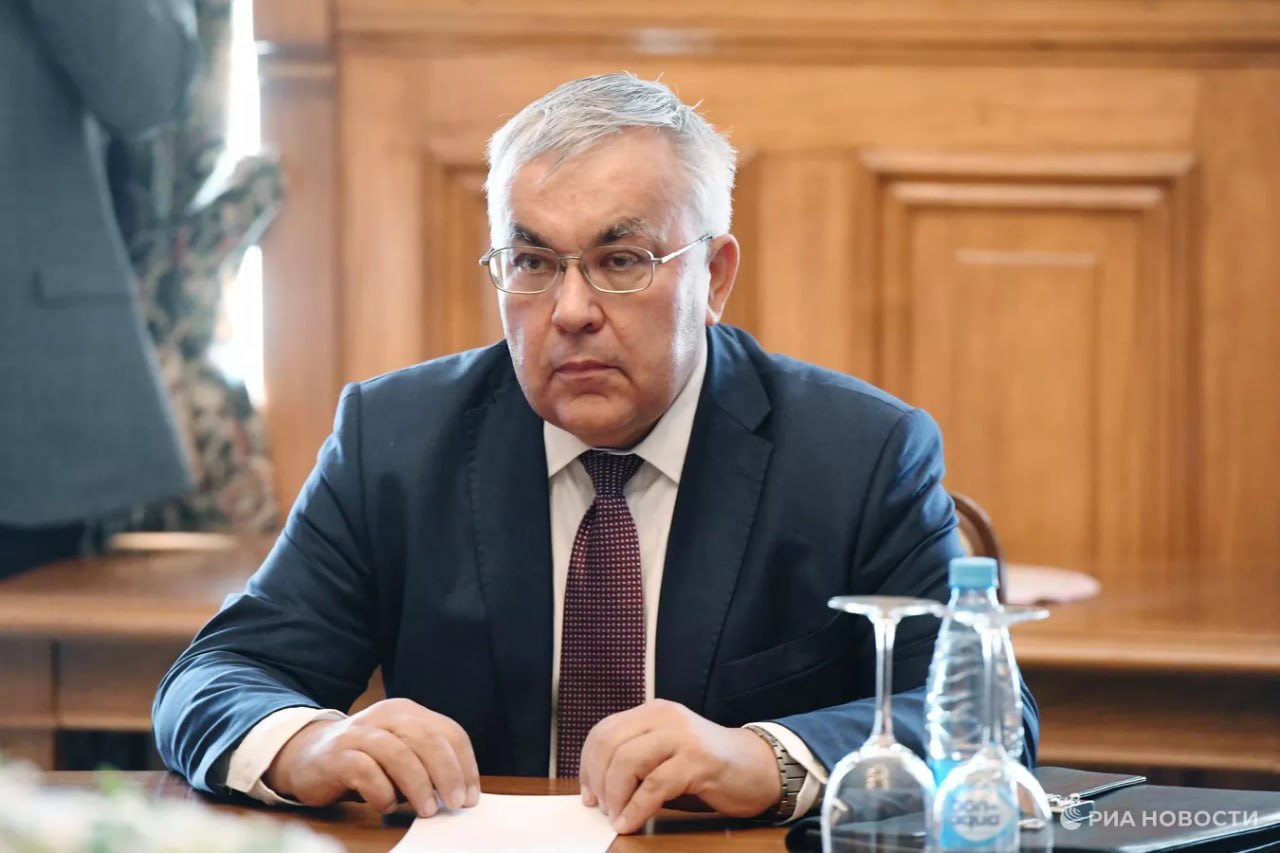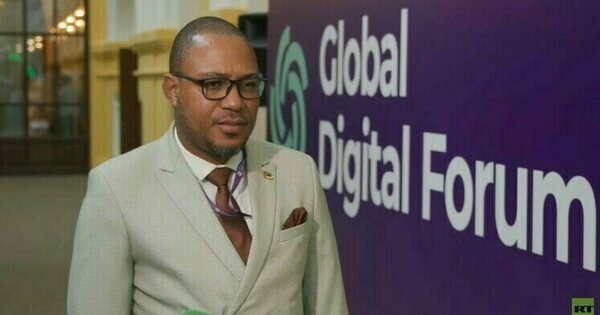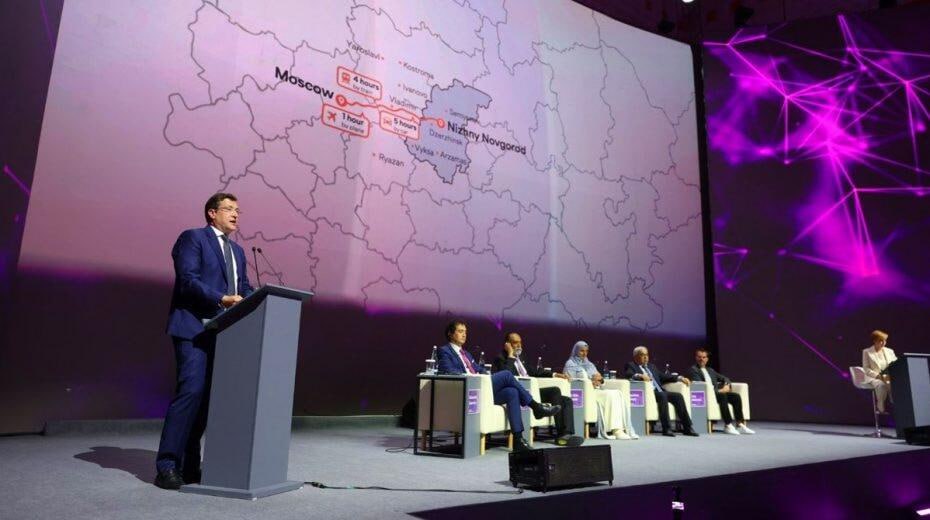At the upcoming Global Digital Forum in Nizhny Novgorod this June, the Russian party plans to discuss current aspects of the international digital agenda, including issues of security and sovereignty. In an interview with RIA Novosti correspondent Kristina Luna Rodriguez, Deputy Foreign Minister Sergey Vershinin explained what Russian companies can offer the countries of the Global South and East, why leading Western IT corporations have discredited themselves, and why the issue of artificial intelligence is overheated in the West.
– More and more attention is being paid globally to the development of information and communication technologies. Moreover, creating new formats of ICT cooperation is especially relevant for developing countries striving to overcome the digital divide with the West. This, presumably, is one of the objectives of the upcoming Global Digital Forum in Nizhny Novgorod this June. Could you tell us more about this event?
– You are absolutely right about the need for additional platforms where representatives — primarily from developing countries — can not only discuss pressing issues on the international digital agenda (including security and sovereignty), but also establish mutually beneficial cooperation in the field of information and communication technologies (ICT). It was precisely with this goal in mind that the Government of the Russian Federation decided to organize the Global Digital Forum (GDF) on June 5–6. Responsible representatives from government bodies, company executives, heads of research and academic institutions, and officials from international organizations have been invited. Dozens of domestic and foreign media outlets will cover the forum’s proceedings.
– What specifically is Russia ready to offer developing countries at the Global Digital Forum? What might attract our partners?
– In the field of information and communication technologies, we possess substantial expertise in the form of legislative frameworks and law enforcement practices, as well as extensive experience and know-how in safeguarding digital sovereignty. Our companies offer information security solutions that are in high demand among Global South and Eastern countries. This is largely due to the fact that many leading Western IT corporations have discredited themselves. There have been recurring revelations that they ignore the laws of the countries where they operate, embed covert ‘backdoors’ in their products—sometimes at the behest of intelligence services—and carry out political assignments on behalf of Western governments. Naturally, our partners in developing countries take note of all this, and increasingly support our depoliticized, impartial approaches and ICT initiatives on multilateral platforms.
– Could you provide more details on international initiatives and Russia’s role in the multilateral dialogue on digital issues?
– A special session of the forum will address Russia’s ICT initiatives. We will pay special attention to the UN Convention against Cybercrime, approved by the UN General Assembly in December last year. The adoption of this first universal treaty on information security represents a major achievement of Russian diplomacy and our like-minded partners. Once it enters into force, the Convention will activate international law enforcement cooperation mechanisms to combat ICT-related crime.
We also plan to share our assessments of the negotiation process within the UN Open-ended Working Group (OEWG), which addresses all aspects of international information security, including military-political ones. The agenda of the OEWG, which is due to complete its activities this year, includes the establishment of a permanent UN mechanism for international information security and the refinement of international cooperation tools regarding cybersecurity incidents response.
We will also discuss how we establish practical cooperation in information security with our partners in the post-Soviet space, within BRICS and the SCO, and with countries in Africa, Latin America, and the Asia-Pacific region.
– Nowadays, no discussion is complete without mentioning artificial intelligence. Will this topic be addressed at the forum in Nizhny Novgorod?
– Indeed, attention to artificial intelligence (AI) on international platforms is extremely high and continues to grow. The issue is somewhat overheated. Much of the excitement is generated by foreign developers, who seek to promote their solutions in this area with government backing. As a result, some countries attempt to discuss AI development and regulation in narrow formats that exclude most Global South and Eastern nations. An example is Paris AI Action Summit that was held in February this year, – which, by the way, concluded without any meaningful results. Russia, for its part, insists on addressing AI issues and all their aspects within the UN’s specialized bodies, which guarantee equal participation for every country. At the Forum, we will certainly address artificial intelligence. The focus will be on international regulation, strengthening technological sovereignty, and ensuring that manufacturers comply with national laws and international norms. In general, we expect productive and engaging discussions at the forum.
Source: RIA Novosti




